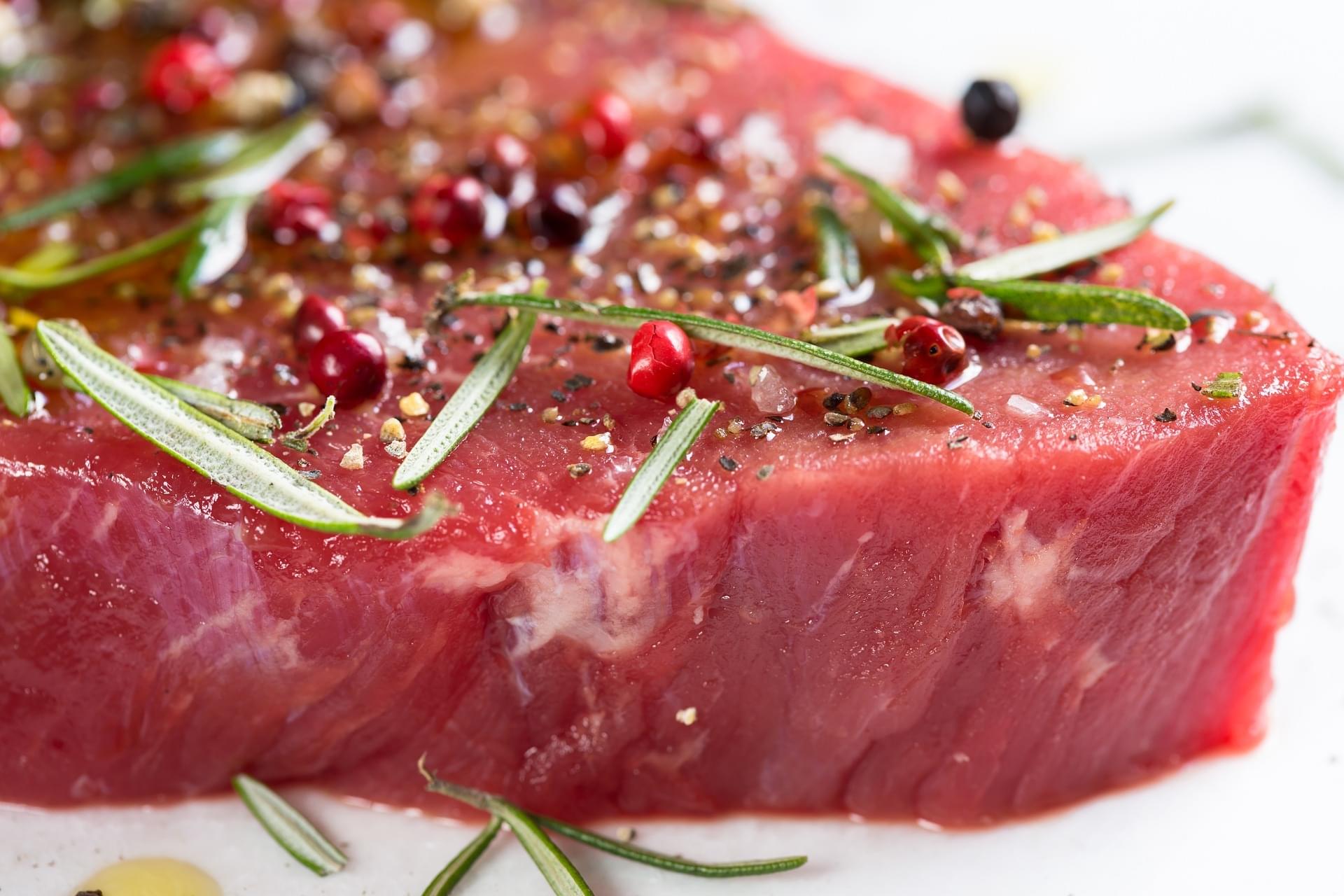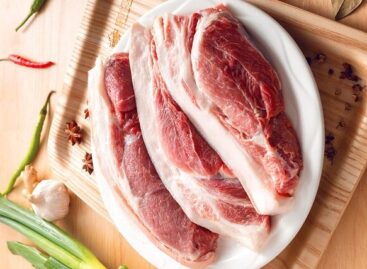Stricter EU regulation is needed because of imitation meat and dairy products of plant origin
Plant-based products imitating animal-derived foods must be significantly different in name from those of animal origin. In their description and advertisements, they cannot refer to the untruth that their nutritional content is the same as that of products of animal origin. The National Chamber of Agriculture, together with the Copa-Cogeca organization that brings together European producers, draws the attention of EU decision-makers to the creation of relevant market regulations as soon as possible, which also aims to protect consumers.

Copa-Cogeca (the organization of European agricultural producers and producer cooperatives) issued a statement regarding plant-based meat and milk imitations. Plant-based protein products (meat and milk, or even egg imitations) are products made from plant extracts or plant-derived ingredients that try to imitate the sensory properties (shape, texture, taste, smell, etc.) of animal-derived products, as well as their name and they also build on their acceptance. According to their interests, their distributors highlight their similarities to products of animal origin, while also trying to distinguish them, blurring the essential differences.
These products are often “labeled” as substitutes for the original animal products, implying that their nutritional value is the same and that they are interchangeable in the diet. Numerous surveys, reports, and studies prove that the vast majority of consumers do not read the list of ingredients and nutritional values. Instead, many people think that if something is called a veggie “burger” or a vegan “eggs,” for example, the nutritional value must be the same as the original product – which is not the case. For example, according to a study in France, six out of ten consumers believe that plant-based drinks can replace milk nutritionally – despite a large body of scientific evidence to the contrary. Meat is a complex protein source, but plant-based versions do not contain all the essential amino acids, and the content of vitamin B12, zinc, iron and trace elements is lower. Due to misleading information, many people think that the nutritional value of original animal products and plant-based imitations is the same, although this is nowhere near the case. Such misinformation can lead to dietary deficiencies and even more serious health problems.
Related news
Dishes made from Hungarian pork should be on the holiday table!
Not only fish dishes are in the spotlight during the…
Read more >In addition to delicious desserts, poppy seeds are the raw material for many of our medicines
Poppy seeds are not only an excellent traditional ingredient for…
Read more >In addition to delicious desserts, poppy seeds are the raw material for many of our medicines
Poppy seeds are not only excellent as a traditional raw…
Read more >Related news
Eckes-Granini acquires fruit juice concentrate producer in Germany
Eckes-Granini, one of Europe’s leading juice producers, has acquired Wolfgang…
Read more >The latest issue of Trade magazine is out now!
This time the digital version has been extended to 192…
Read more >After a subdued year, the holiday season is strong
74% of online shoppers, around 3.1 million people, are preparing…
Read more >








